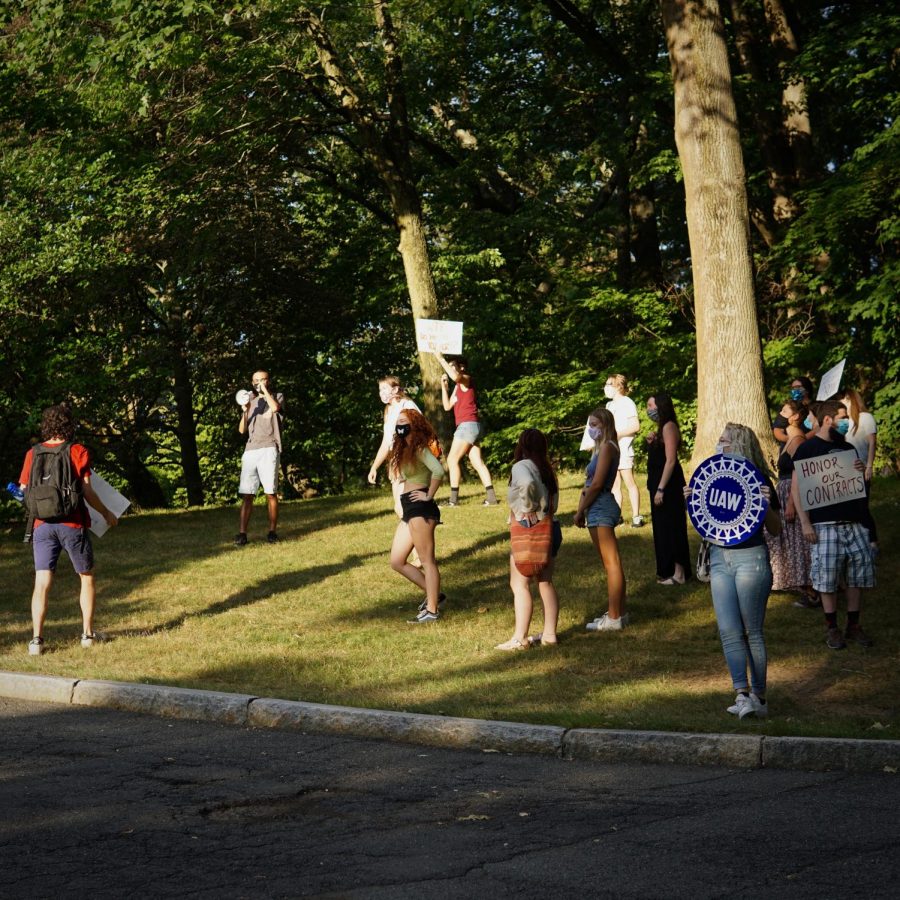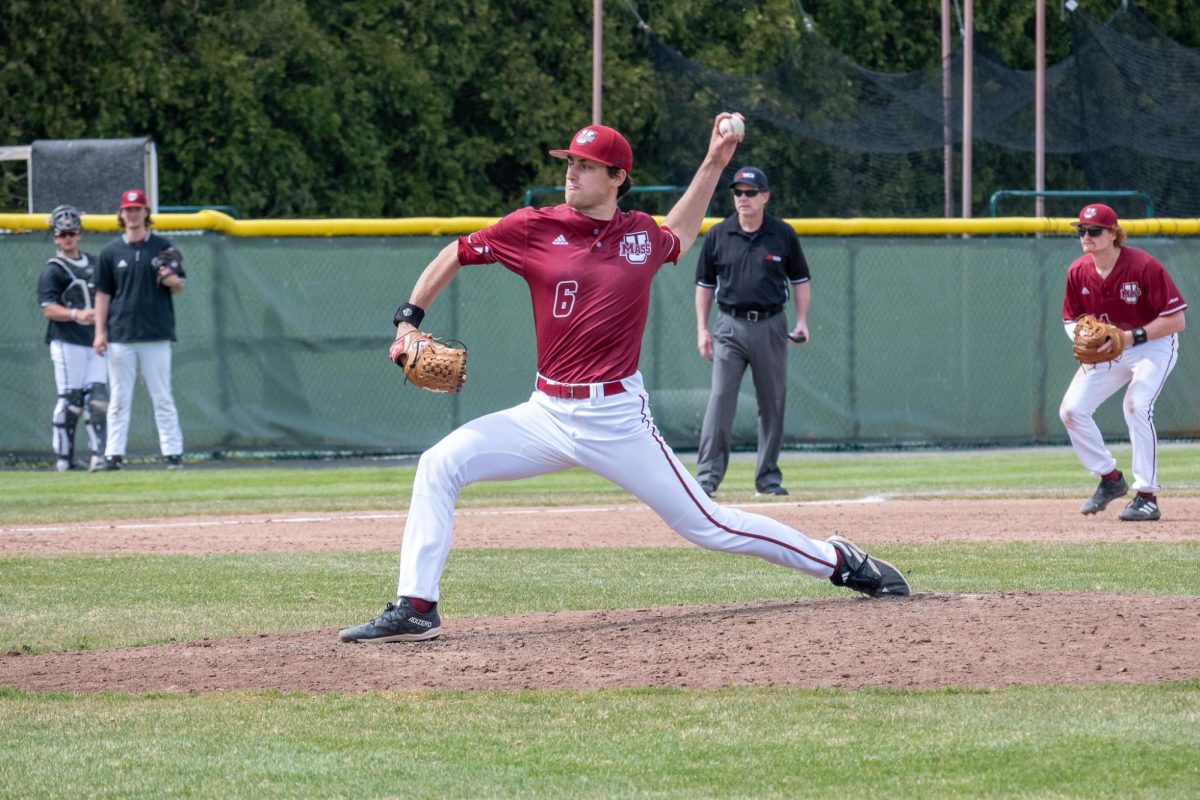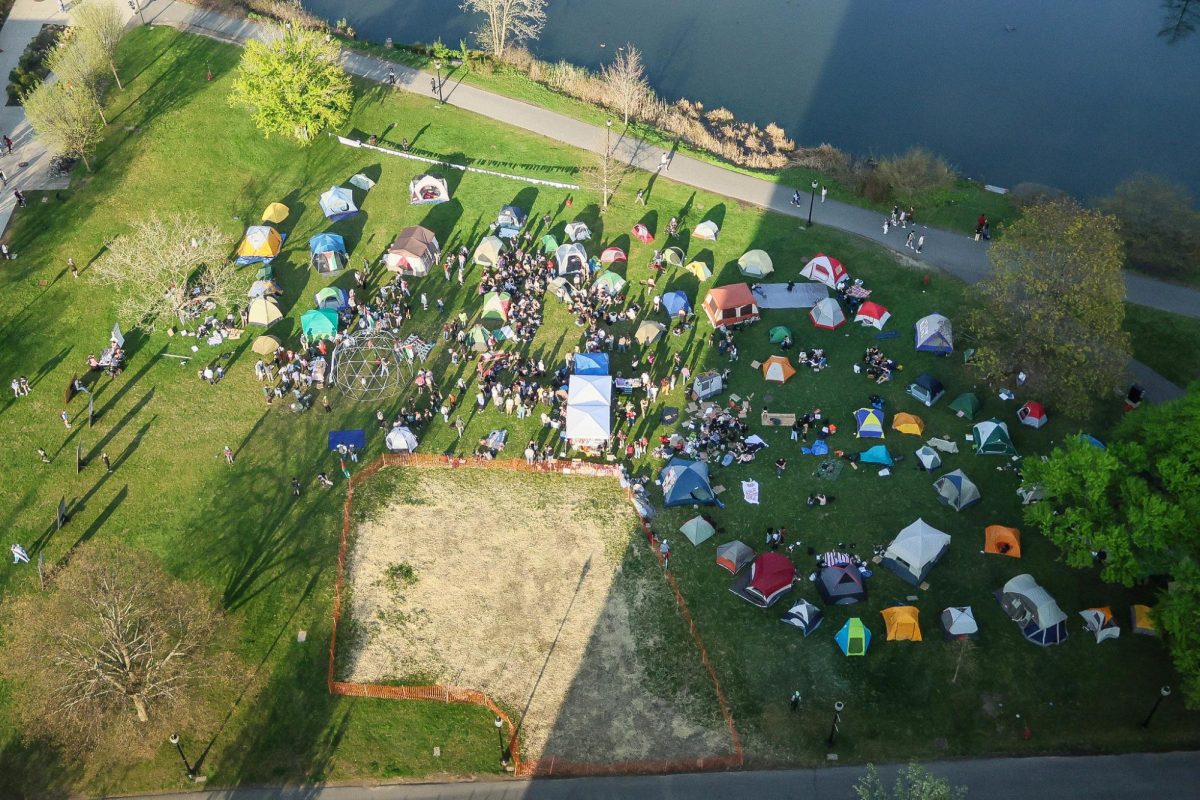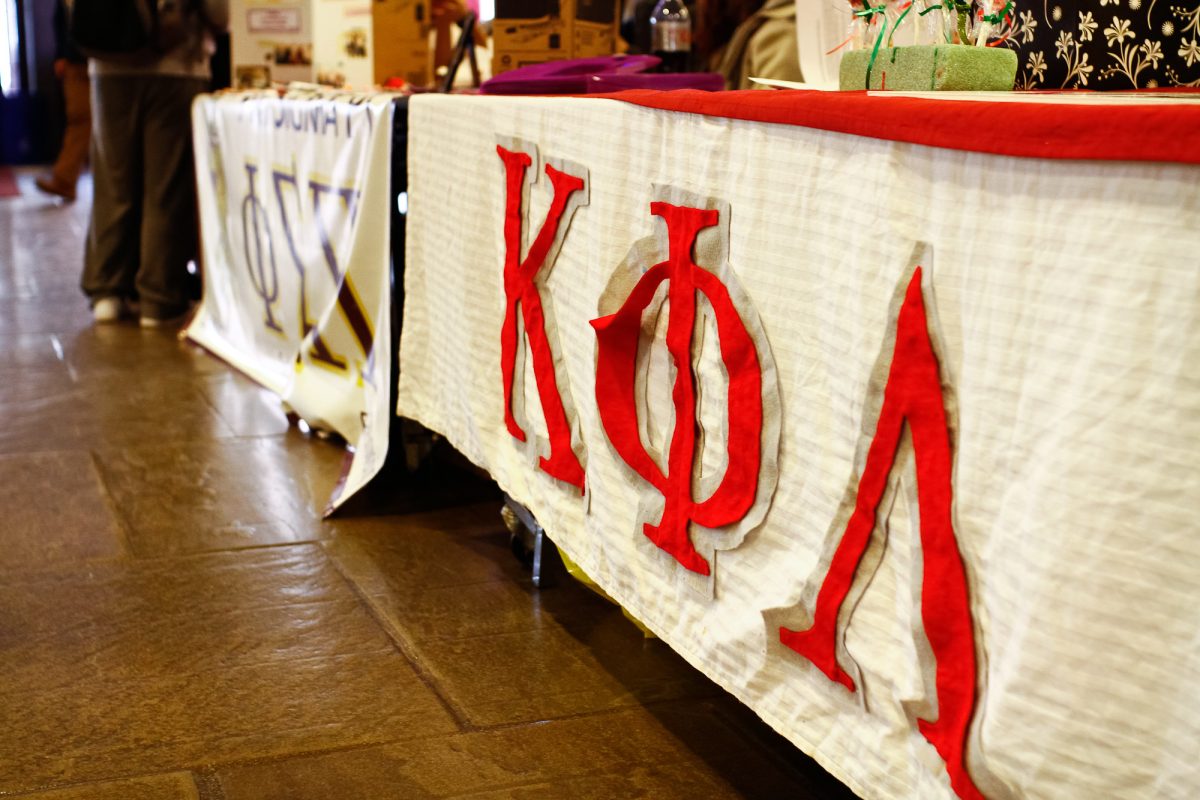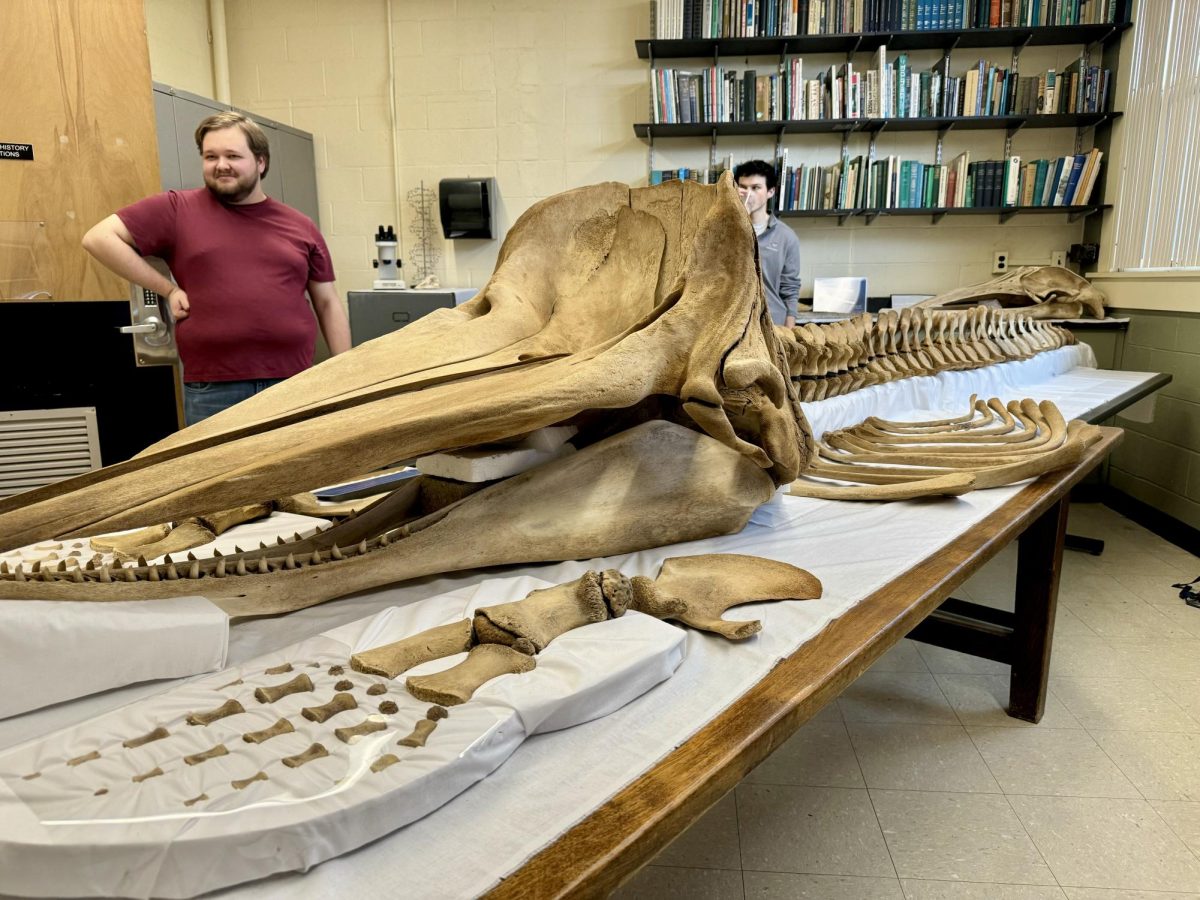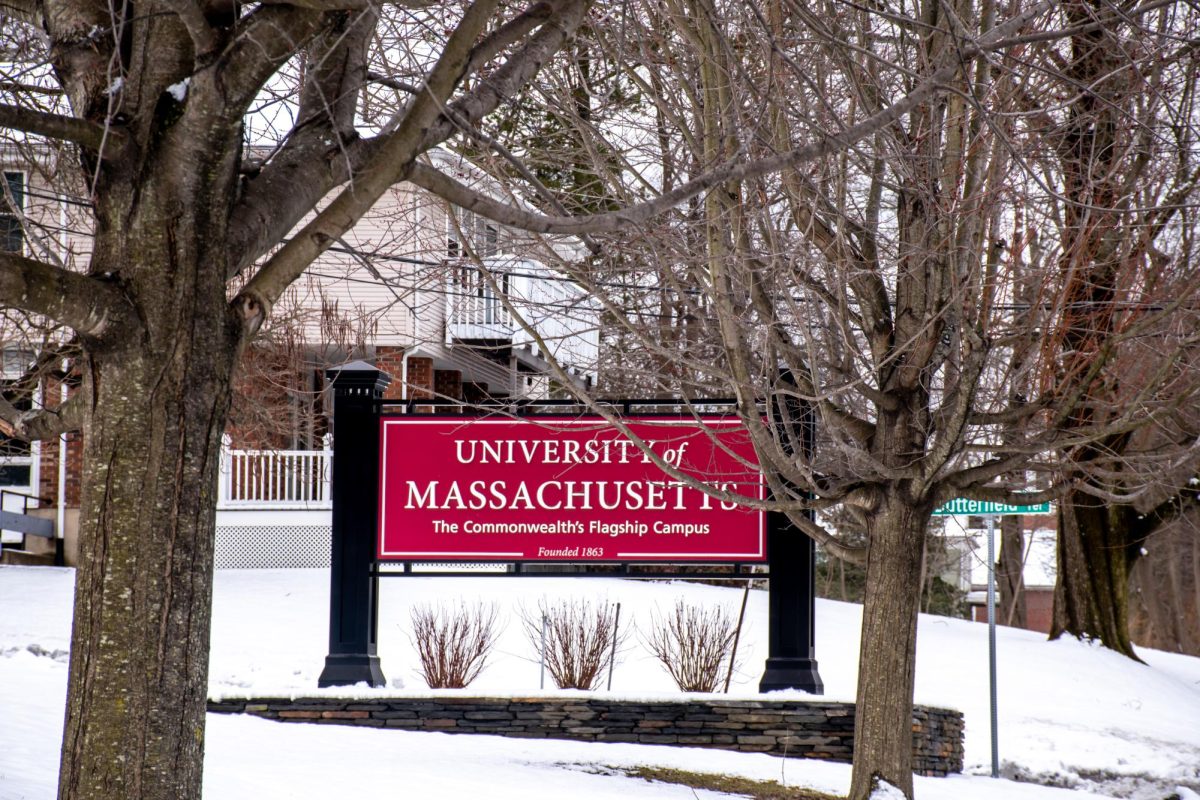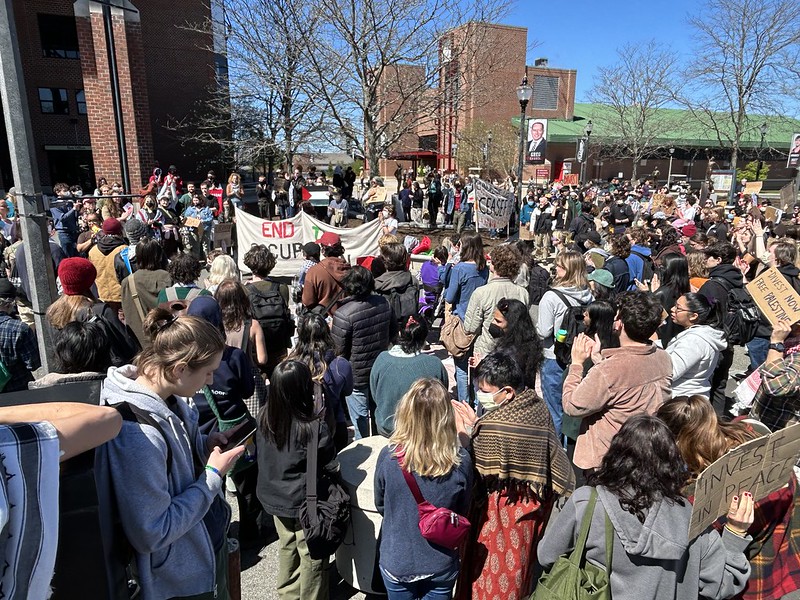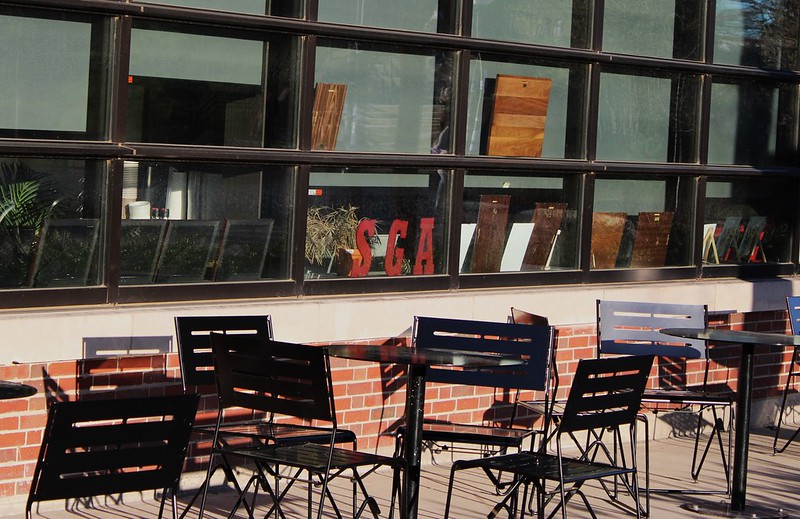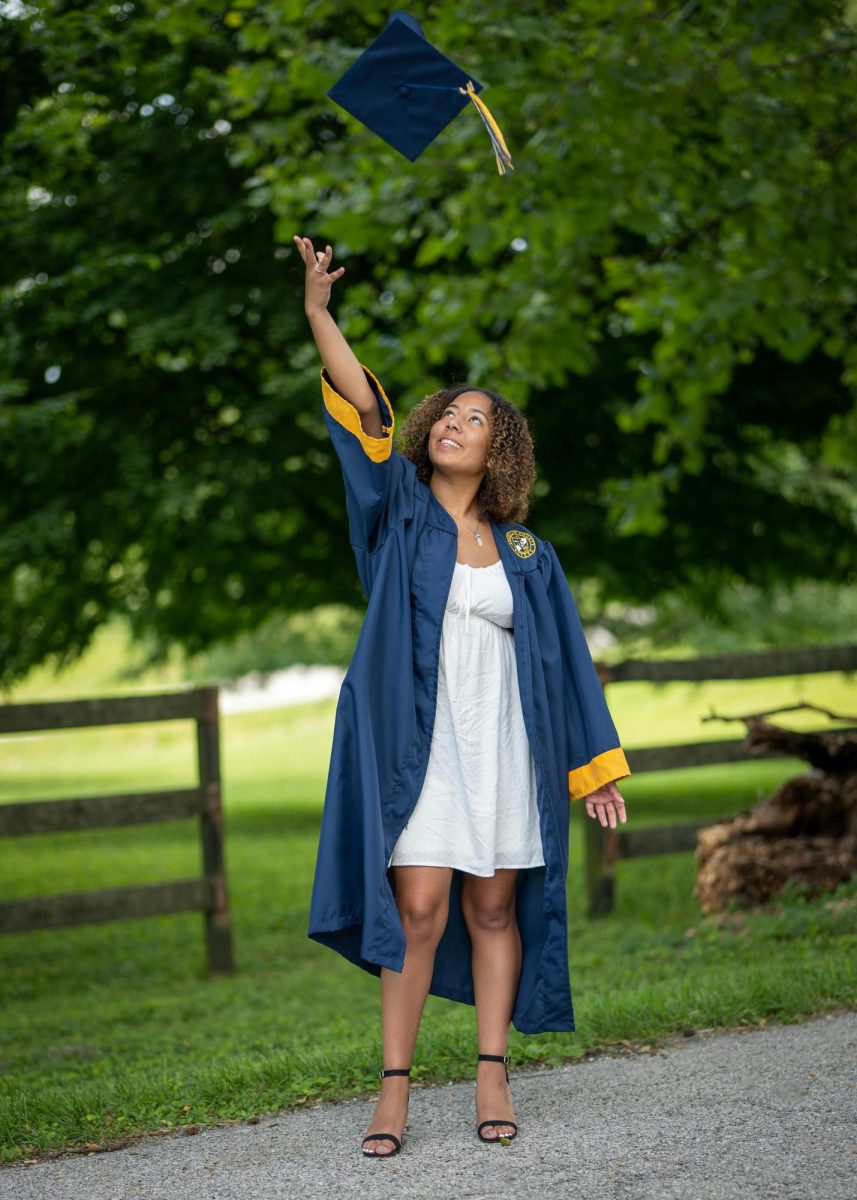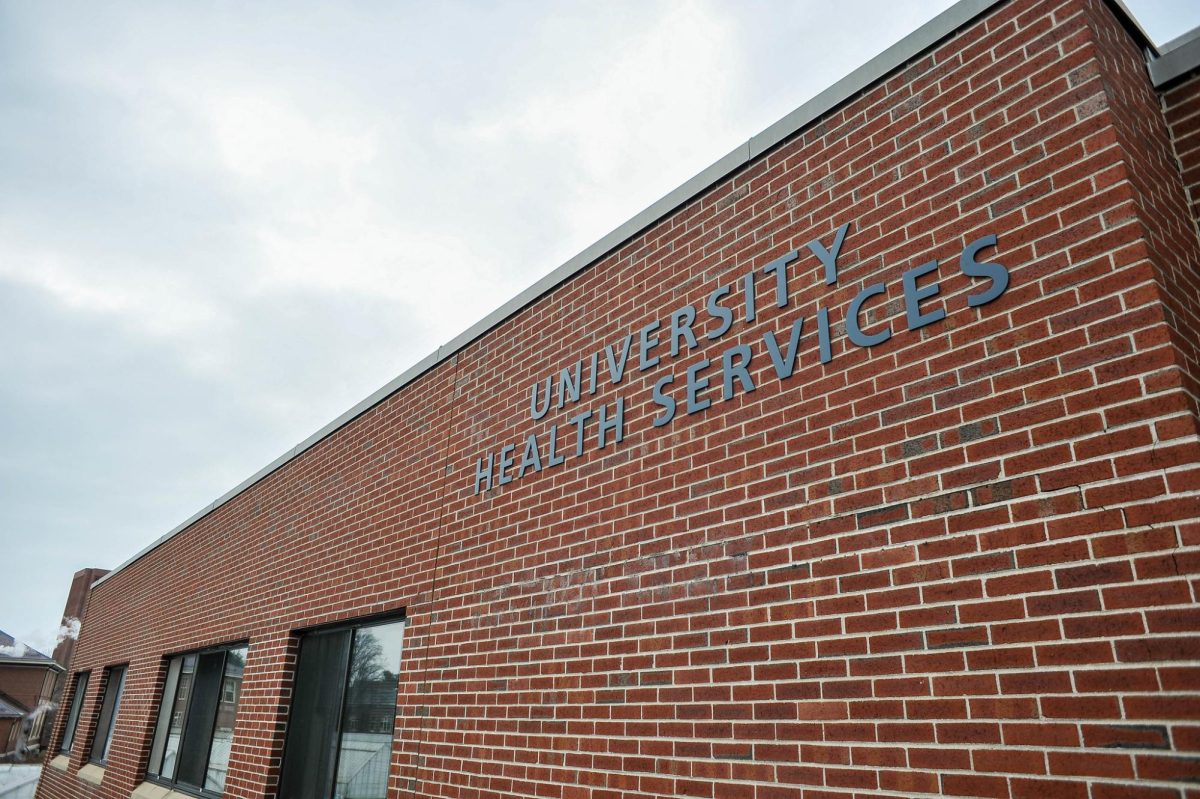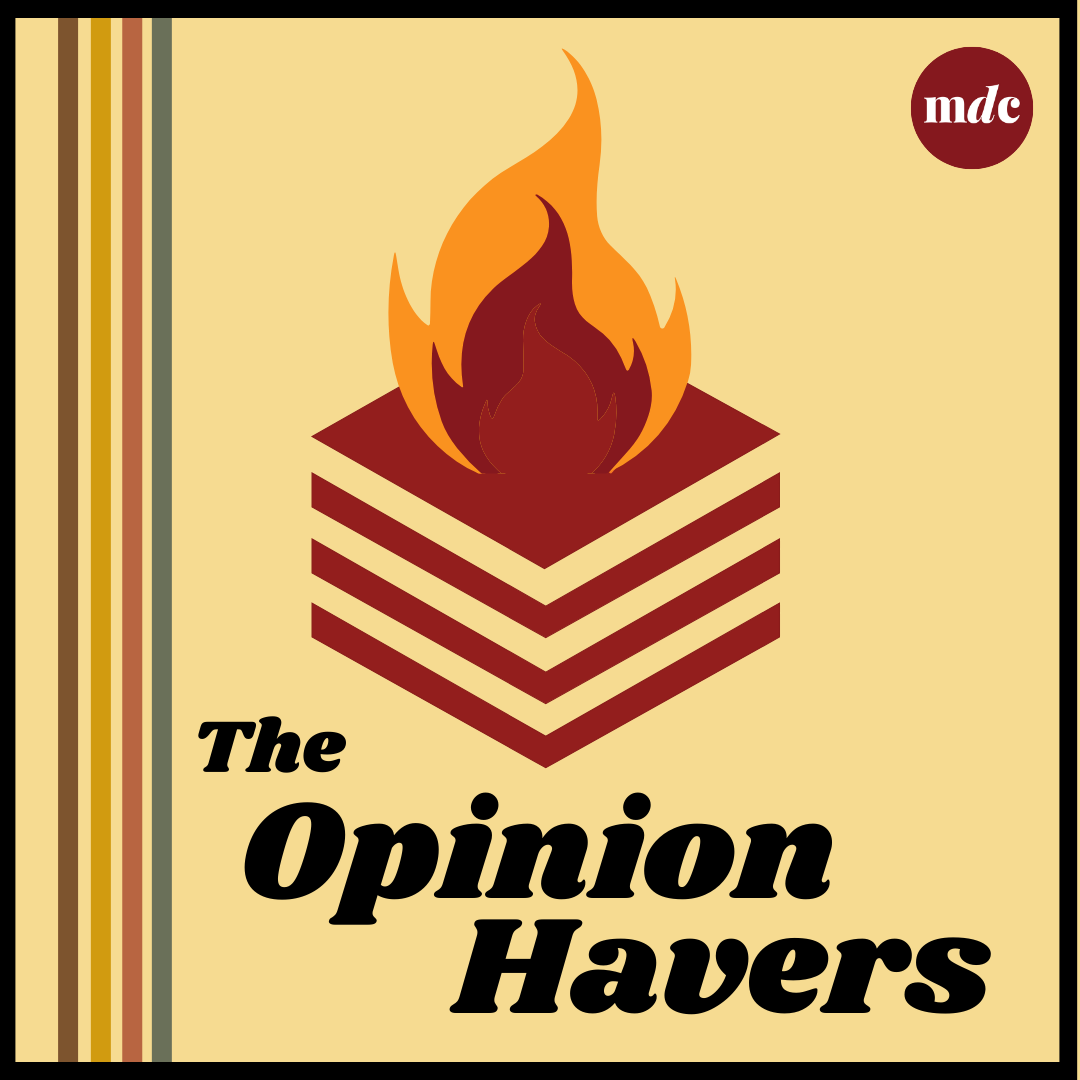After the Resident Assistant/Peer Mentor Union formally filed a grievance against the University of Massachusetts on Aug. 13, arguing that the University had violated their contract in laying off nearly 95 percent of resident assistants and peer mentors, the University responded on Aug. 27 stating that there were no violations of the RA/PM employment contract. The union is now initiating the appeals process in response to the University’s decision.
The RA/PM Union’s grievance states that the University violated Articles 8, 9, 19 and 22 of their employment contract. The University’s response, penned by Director of Residence Education Jean MacKimmie, denies any contract violations.
The union argued that the University violated Article 19 pertaining to Health and Safety, which states: “If a work site is closed for health or safety reasons and the RA [sic] or PM’s are not moved to an alternate work site, the affected RA’s or PM’s shall continue to receive their full stipends for the remainder of their contracted appointment period. Every attempt will be made by the department head to find alternative, continuing employment for the RA or PM if they are otherwise eligible for continued employment.”
According to the University’s response, the RAs and PMs who were laid off were “not yet hired for the 2020-2021 academic year, had not completed any associated employment paperwork (Student Contractual Agreement, Position Description, Employment Contract, or any required tax or I-I forms), had not started their employment, and had not received or completed any work Assignments.”
In a Letter to the Editor published in the Massachusetts Daily Collegian on Sept. 3, RA/PM Union Co-Chairs James Cordero, Nat Luftman and Alice Troop stated that RAs and PMs had not completed their final employment paperwork “because the University withheld it from us in the Spring.”
The union argued that the University had also violated Article 22 pertaining to layoffs, which states: “In the event the Employer/University Administration determines that it is necessary to reduce the RA/PM work force due to financial reasons, organizational/programmatic changes, or due to unforeseen catastrophic circumstances, no RA/PM shall suffer a loss in compensation or benefits as defined in Article 12, Compensation, of this Agreement during the RA/PM term of appointment.”
The University denied any violation, providing the same response as given for Article 19.
Cordero, a senior English and social thought and political economy double major, said he would prefer for the union and the University reach a mutual agreement allowing remote work, rather than continuing the ongoing legal processes.
“Our suggested remedy is that UMass allow remote employment…so that we can properly support every UMass student as much as possible,” Cordero said.
Besides the housing waiver the University granted to RAs and PMs on Aug. 11, agreeing to waive housing fees for all RAs and PMs for the fall semester, Cordero says the University has offered little support to RAs and PMs regarding food insecurity and mental health support.
“We had proposed that the University offer free [Center for Counseling and Psychological Health] counseling to anyone who needed it…and we had proposed that employment be maintained for those who needed their wages to afford food so that they wouldn’t need to use any additional resources,” Cordero said.
“The University denied those proposals and responded by directing us to the general policies of CCPH, which we were already aware of, and the existing resources at the Dean of Students Office for dealing with food insecurity, which, again, we were already aware of,” Cordero said. “There have been no concrete efforts on the University’s part to meet the needs of RAs and PMs who were expecting employment and security and did not receive that.”
According to Cordero, 135 RAs and PMs who lost employment took advantage of the housing waiver.
Around the third week of the fall semester, UMass hired 34 PMs to work remotely and provide support for first-year students and transfer students. Each of the 34 PMs were assigned 200 students — a notable increase from the 60 students PMs they are usually assigned—and are required to check in with the students in small groups of 10 every other week.
Tamar Stollman, a junior political science and BDIC double major, is currently working as one of the 34 remote PMs.
“The workload is insane, I have 200 students,” Stollman said. “I don’t understand why they can’t just hire more peer mentors because there are more of us. It’s a lot of reaching out and trying to see what people need from me and people are not generally responsive. It’s just a lot of work on my part for little return, which I was kind of expecting, but I did not realize how much time and work it was going to be.”
Stollman says an average week consists of scheduling Zoom calls with her residents, who are divided into 20 groups of 10. Stollman says she also hosts Zoom meetings to touch base with her residents, discuss studying strategies and give advice.
“There’s so much new happening here,” Stollman said. “Not only is it their first semester of college, but we’re all new to this remote schooling situation, so I really try to give tips on how to deal with all of those things.”
While her Residence Director has been “sympathetic” to her concerns with the increased workload, Stollman said she feels as though the increased workload violates the RA/PM employment contract, as the union was not given the chance to agree to the adjustment in the PM position’s expectations.
“I have 10 Zoom meetings a week, and they’re between 30 minutes and an hour,” Stollman said. “Sometimes people don’t show up, so that gives me a little bit of extra time to send emails to people reminding them that we have these Zoom meetings scheduled…Not too much return though, which is kind of disappointing because I feel like I spend all my time writing emails and scheduling meetings and not that many people come.”
“It’s just so isolating,” Stollman said. “People are just dying to meet people, they were so excited to come to UMass and meet people, and now they just don’t have that…They have virtual [Registered Student Organizations] which aren’t super successful. It’s just hard for them to find these things and find people that they can reach out to because they don’t know anyone.”
While Cordero and Stollman think the hiring of the remote 34 PMs is a step in the right direction, they are concerned with the workload expected of the remote PMs and the quality of support available to students.
“I think this is better than nothing, but it also does leave us struggling to build lasting relationships with our residents because we only see them for one hour, twice a month,” Cordero said. “That’s not the kind of one-on-one attention that we would like to be able to give our residents, which I think lends to the argument that there’s enough work to distribute to every RA and PM to be reaching out to residents — not just first years and transfers, but also multi-year students — trying as best we can to offer them support and establish one-on-one relationships the way that we would like to.”
“I have so many students and so many groups, it’s just way too much to reach out to all of them, and to make a conscious effort to do that over and over,” Stollman said. “I probably sent almost 100 emails last week.”
“It’s harder for us to be available and, honestly speaking, keep track of 200 residents versus if we had a smaller group,” Cordero said.
Marco Maldonado, a junior political science and legal studies double major, is currently working in one of the 34 offered on-campus RA positions. While he holds regular floor meetings over Zoom and tries to reach out to his residents, Maldonado says it is challenging trying to encourage student engagement.
“There’s very little engagement from the students from what I’ve noticed,” Maldonado said. “For example, we had a floor meeting not too long ago and I announced it over email and shared the Zoom link, and I think I got three to four residents out of the 25 that I’m in charge of. I mean, I don’t totally blame them because these are hard times. But it makes the job a little bit harder. People are bummed out because it’s like a ghost campus…the morale is just kind of low.”
Maldonado said he misses the sense of community he felt during his first year as an RA. He is in charge of three floors in one of the Commonwealth Honors College Residential Community residence halls and is finding it challenging to foster connections with all of his residents.
“I remember my first year as an RA, and I had a much greater sense of community,” Maldonado said. “Now I have three floors…and I just feel like I’m so far apart from all of my residents that I barely see them face-to-face. I feel like I should be able to see them more often and get more communication from them. But I’m still very grateful for what I do have, because even though there’s hardship, the reality is that I probably wouldn’t be going to UMass if I didn’t have the RA job, because it does provide support for me.”
Maldonado says he is concerned with guests visiting residence halls, as there is no way to ensure that students entering the residence halls are residents who live there.
“There’s no enforcement of the UMass Agreement,” Maldonado said. “The only people who actually do enforce the guest policy [are] Residence Hall Security. RAs are also supposed to enforce it…like if I just saw five people walk into a room, this is fishy situation and I should definitely engage. But if you have two or three people in a lobby, are you supposed to question them? It’s just a gray area of ‘how do I enforce it?’”
According to the UMass Agreement, which students living on campus or using UMass facilities during the Fall 2020 semester were required to sign, guests are prohibited from accompanying students “on campus or into any campus facility.”
Residence Hall Security Monitors check residents’ identification upon entering a residence hall, and “Residence Hall Security personnel staff the lobbies from 8:00 p.m. to 12:00 a.m. on weekdays and from 8:00 p.m. to 3:00 a.m. on weekends,” according to the UMass website. As Maldonado points out, this leaves residence hall lobbies unmanned outside of the listed hours.
“Outside of [that] time period, it’s just kind of a free-for-all, and nobody’s really questioning you,” Maldonado said.
While UMass has not yet released information regarding the Spring 2021 semester, RA/PM Union members wish that the University would include the union in conversations regarding spring semester plans.
“The University won’t negotiate with us about the spring or give us any information about the spring until they have released their plan…we don’t think that’s a good option,” Cordero said. “We think the University should be candid and craft plans with us, rather than create a plan and have us then bargain over it. We would prefer a more collaborative and transparent process, but the University has demonstrated that that’s not the approach they take with any of their workers, really.”
McKenna Premus can be reached at [email protected]. Follow her on Twitter @mckenna_premus.

